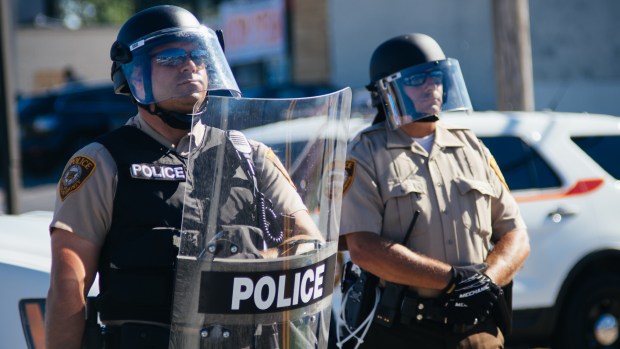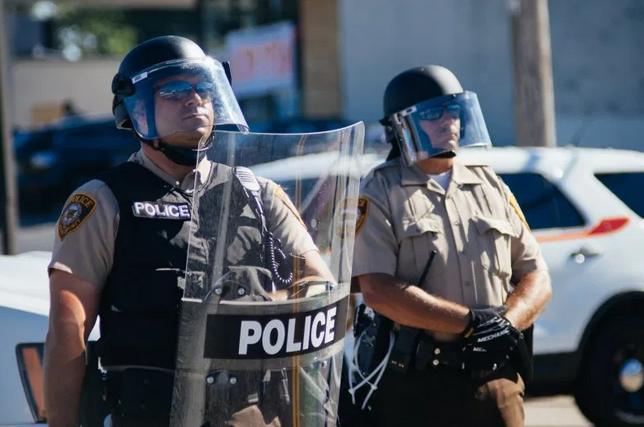
It’s been one week since Derek Chauvin, a white police officer, choked George Floyd to death in a Minneapolis street, and three months since a retired Georgia cop and his son gunned down Ahmaud Arbery on a quiet street in Georgia.
Both killings were caught on videos that contain damning indictments not only of the uniformed killers themselves, but also of a cronyist criminal justice system that condones and defends police violence: in Minneapolis, three other police officers stood by and did not intervene while George Floyd begged for his life; in Georgia, county prosecutors with personal ties to Arbery’s killers attempted to defend the perpetrators’ actions and declined to file any charges (after widespread public outrage, state investigators who later took over the case finally arrested the suspects earlier this month, 73 days after Arbery’s death).
Now, America’s tolerance for violent police brutality may be near its breaking point, as protests across the nation take over streets and major highways to demand justice.
For advocates of safer streets and sustainable transportation, these high-profile police killings should serve as a visceral reminder that infrastructure alone can’t allay the threats and anxieties of being in public spaces with brown skin.
Late last week, Tamika Butler, Director of Equity and Inclusion and Director of Planning for California at Toole Design Group, wrote of those anxieties in an essay titled “Stop Killing Us: A Real Life Nightmare.” Butler asks white people to ask themselves five questions on a daily basis:
I really need white people to do more than just say they’re fighting for justice… I want them not just to lean in, but to live in, to an urgency to do more. I want them to sit with these things and not turn away when they hear themselves say the answers:
- Do I understand that ‘not being racist’ isn’t the same as being anti-racist?
- Why am I so afraid to be brave enough to confront my power and privilege?
- What am I waiting for to decenter whiteness and realize just because I have never experienced it (or seen the research to prove it) doesn’t mean it isn’t real?
- What am I doing every single day to force myself to think about racism and white supremacy?
- What am I doing every single day to stop the killing of black people?
Butler’s five questions are also worth asking in terms of how we advocate for safer streets, and whether we’re dedicating as much attention to the hazards of hate-motivated harassment and assault against our vulnerable neighbors as we are to the safety hazards that affect us directly.






